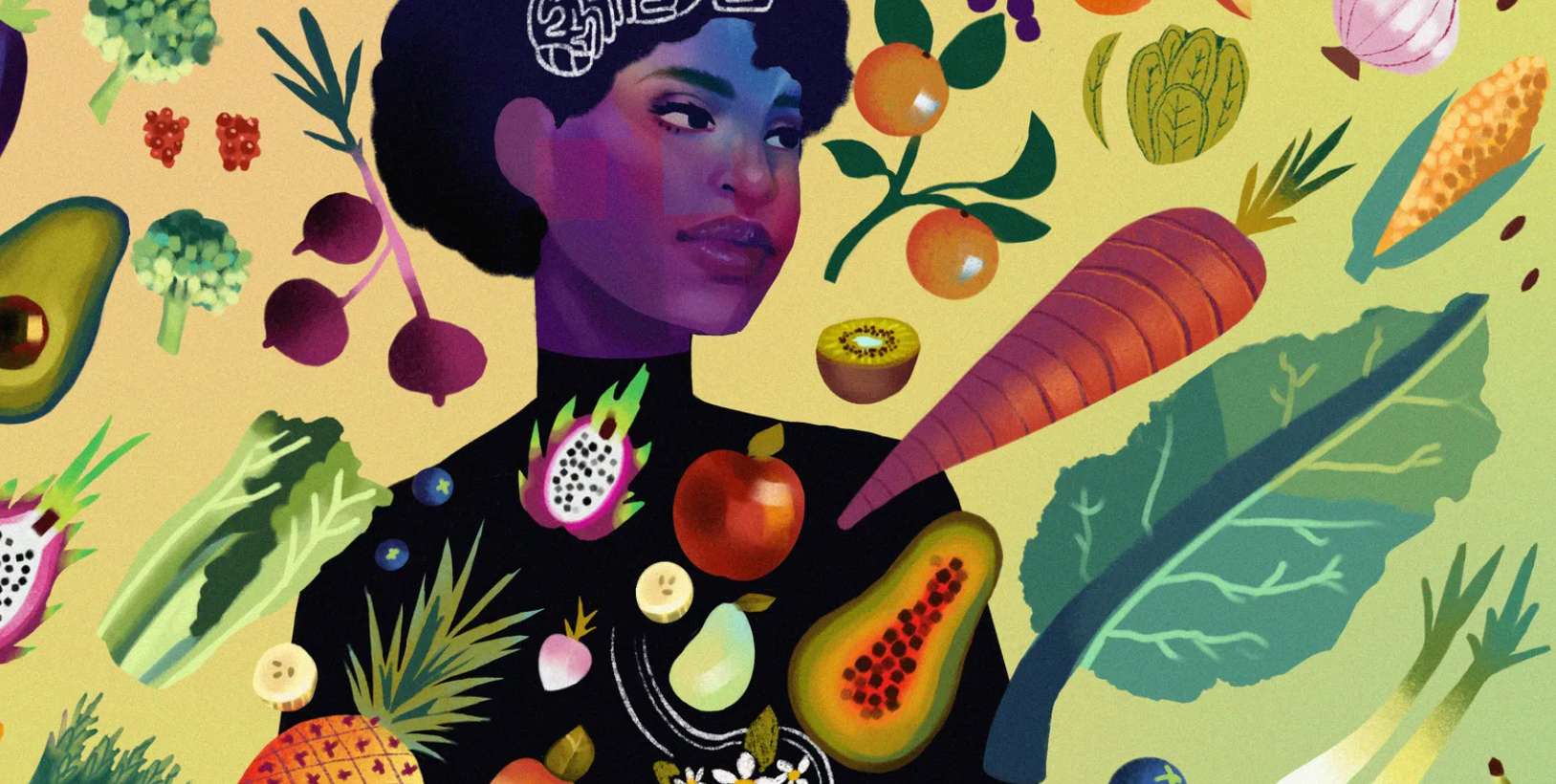
This interdisciplinary course examines the complex challenges of decolonization across diverse geographical areas, including Hawaii, Mexico, the Mexico-US border, mainland US, and Canada. Delving into topics such as environmental racism, gender violence, politics of consumption, and artivism, the course explores specific issues and decolonial movements in each region, such as femicides and the Zapatista revolution in Mexico, the ongoing invasion of the Hawaiian islands and the struggle for Hawaiian sovereignty, the exploitation of women in maquiladoras and the criminalization of the US-Mexico border, changing urban dynamics in the US, including gentrification, fentanyl epidemic, and food injustice, or the link between the Missing and Murdered Indigenous Women crisis and extractivism in Canada. Other topics covered include issues of access to the “Great White Outdoors”, animal colonialism, discrimination of refugees and immigrants, and the connection between violence against nonhuman animals and minoritized peoples. Special attention is paid to the so-called artivism (art+activism) to showcase how decolonial movements employ creative resistance. The course is framed by various critical lenses, including Indigenous studies, decolonial studies, ecofeminism, anarcha-Indigenism, critical animal studies, critical plant studies, and food studies, offering students a comprehensive understanding of the multifaceted dimensions of decolonization in North America.
- Teacher: Denisa Krásná